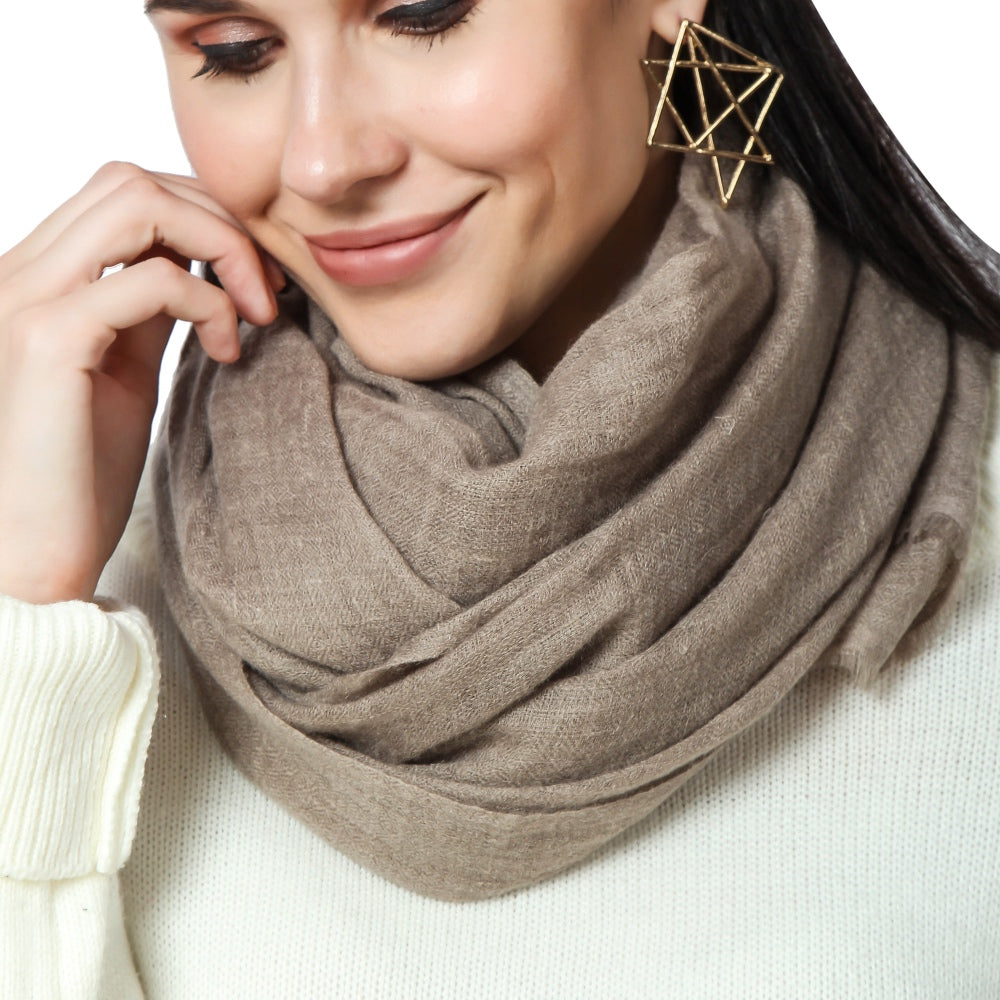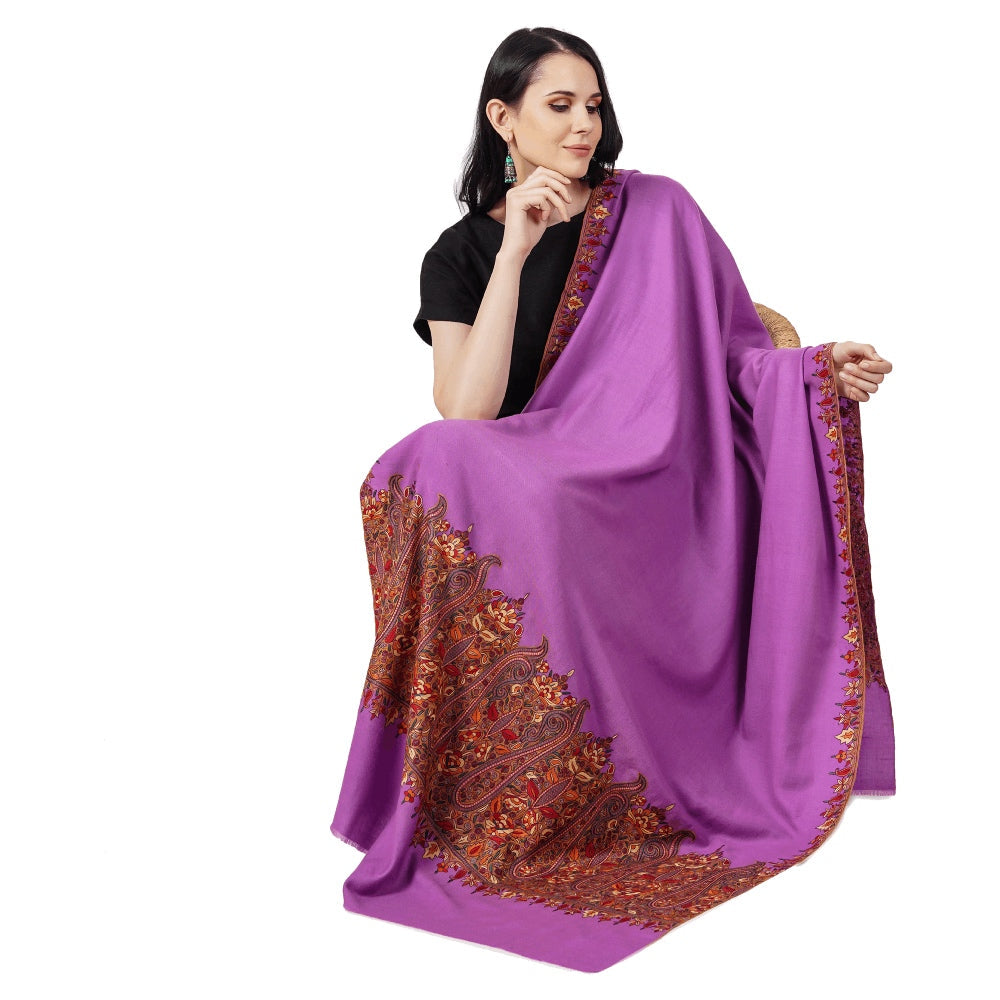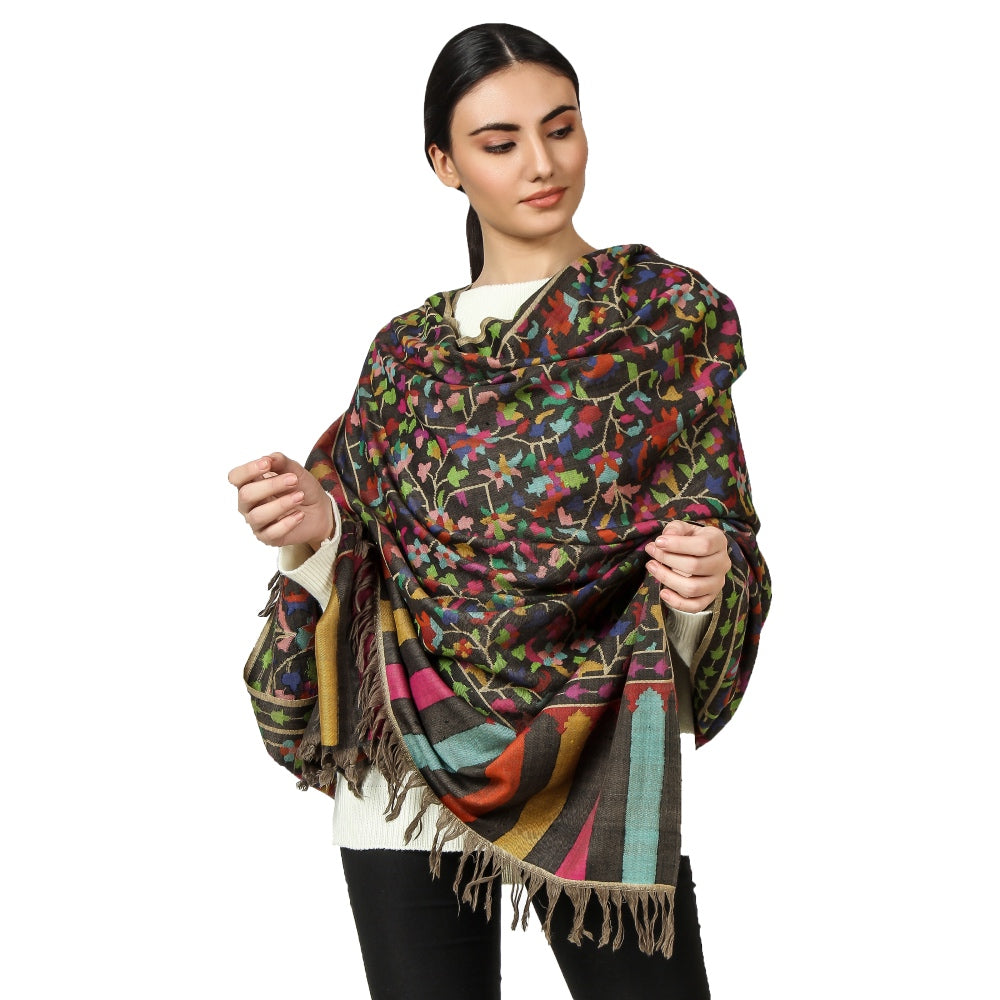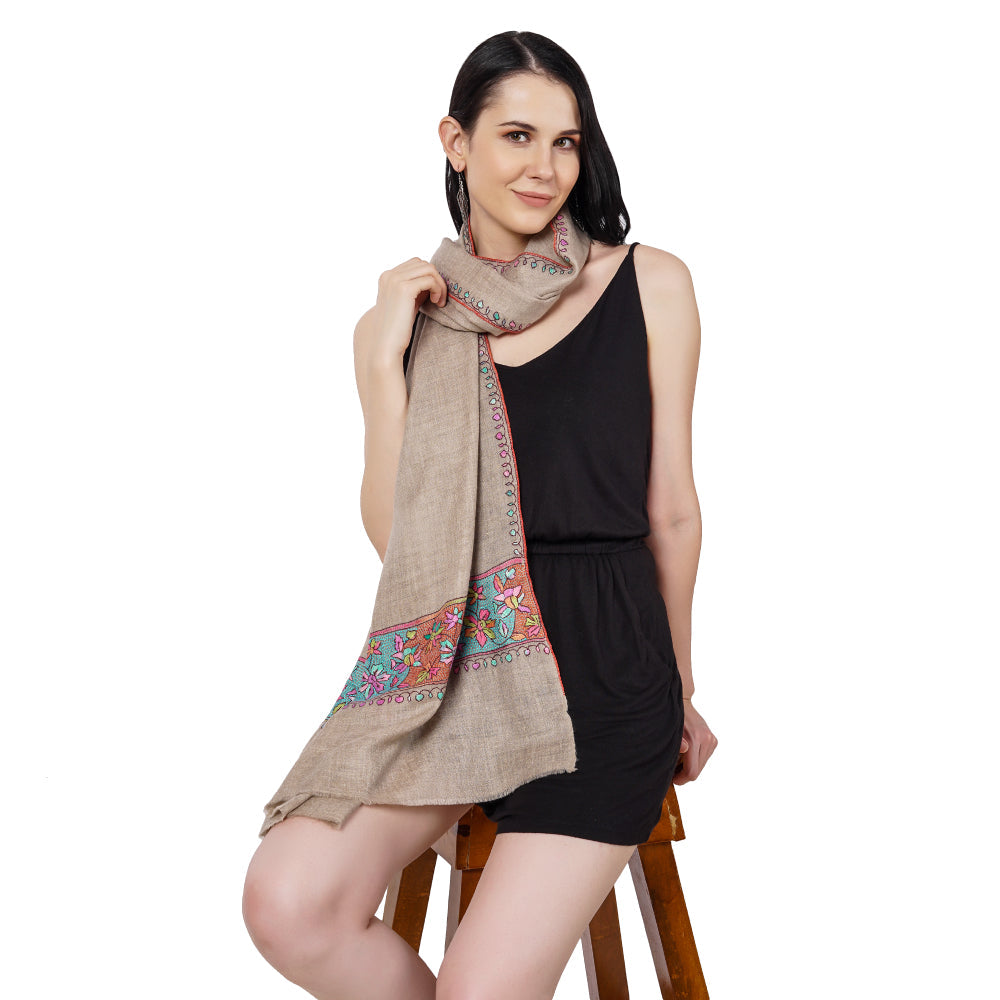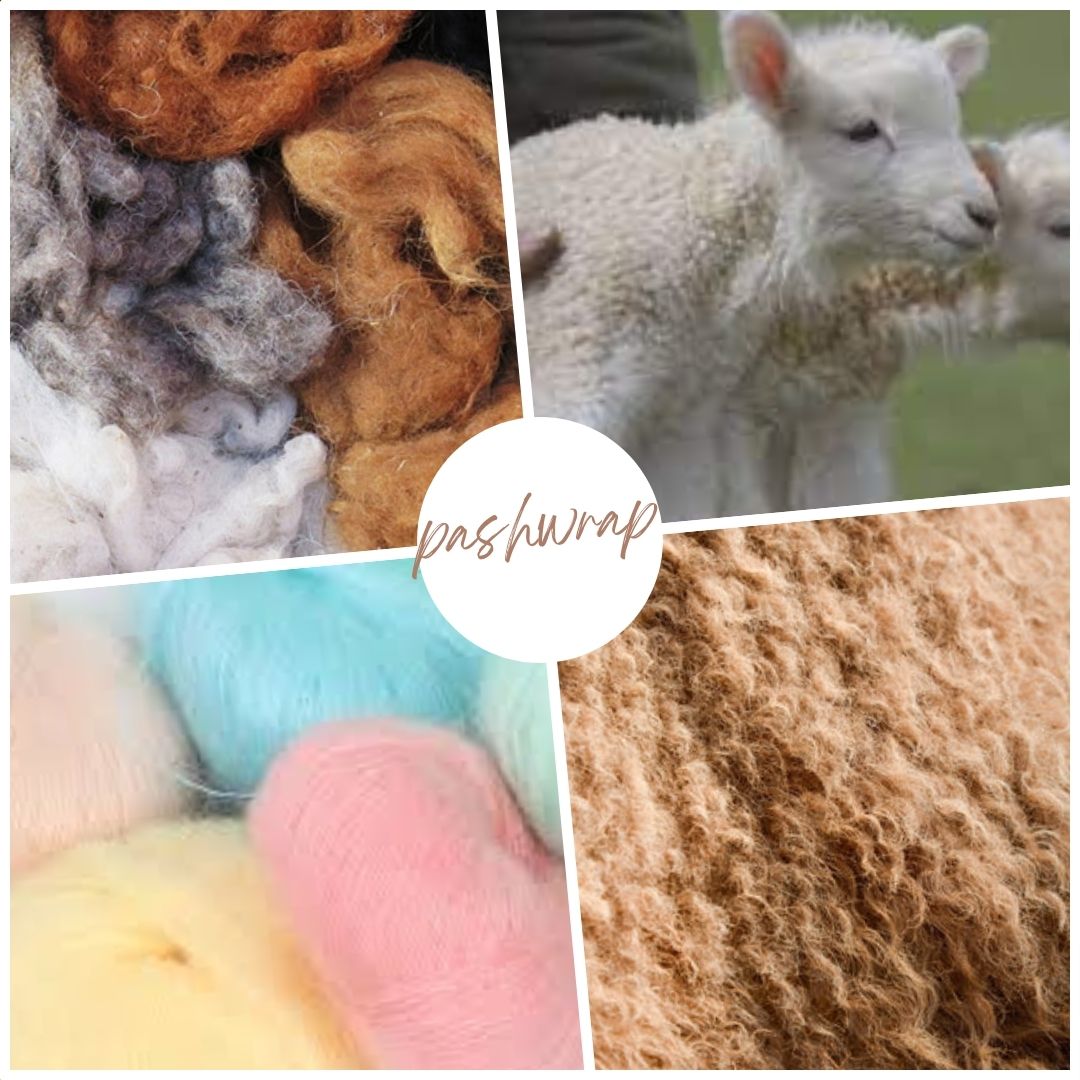
Types of Wool | Know What You're Wearing
Share
Wool has been an integral part of human clothing for centuries. Its warmth, softness, and versatility have made it a cherished material across cultures and climates. However, not all wool is created equal. From luxurious cashmere to sturdy merino, various types of wool offer distinct characteristics and benefits. Understanding the differences can help you make informed choices when selecting garments. Let's delve into the world of wool and explore the diverse types available:
Understanding Wool: A Brief Overview
Wool is a natural fiber derived primarily from the fleece of sheep, but it can also come from other animals like goats, rabbits, alpacas, and even camels. The production process, animal breed, and specific regions play a significant role in determining the properties and quality of wool.
Merino Wool: Nature's Softness
Merino Wool Overview
Merino wool, sourced from Merino sheep, is highly regarded for its softness, fine texture, and exceptional insulating properties. This type of wool boasts a remarkable ability to regulate body temperature, making it suitable for various climates.
Merino Wool Applications
Merino wool finds its place in a wide array of clothing, from cozy sweaters and scarves to athletic wear. Its natural moisture-wicking ability makes it an excellent choice for activewear, keeping you dry and comfortable during workouts or outdoor activities.
Merino Wool Care Tips
Caring for merino wool involves gentle washing with a mild detergent and air-drying to maintain its softness and shape.
also read:- a detailed blog on Is Merino Wool Better than Cashmere? A Comprehensive Comparison of the Two Materials
Cashmere: The Epitome of Luxury

Cashmere Overview
Cashmere wool originates from the soft undercoat of certain breeds of goats, notably the Kashmir goat. It is revered for its unparalleled softness, lightweight feel, and exquisite warmth, making it a symbol of luxury in the fashion world.
Cashmere Applications
Cashmere is commonly used in crafting high-end sweaters, shawls, scarves, and accessories due to its luxurious feel and insulation properties. Its fine fibers provide warmth without the bulk, making it an ideal choice for layering.
Cashmere Care Tips
Due to its delicate nature, cashmere requires careful maintenance. Handwashing with a gentle detergent or dry cleaning is recommended to preserve its luxurious texture and prevent damage.
also read:- a detailed blog on maximize the life of your pashmina shawl
Alpaca Wool: Strength and Softness Combined

Alpaca Wool Overview
Alpaca wool, sourced from the fleece of alpacas, is renowned for its softness, strength, and hypoallergenic properties. It comes in various grades, with the finest fibers prized for their exceptional quality.
Alpaca Wool Applications
Alpaca wool is used in creating a range of garments, including sweaters, coats, and accessories. Its smooth and silky texture provides warmth without the itchiness often associated with other types of wool.
Alpaca Wool Care Tips
Similar to cashmere, alpaca wool benefits from gentle care. Handwashing with cold water and mild detergent and air-drying flat can help maintain its softness and shape.
Other Types of Wool
Lambs wool

Lambs wool comes from the first shearing of young sheep and is valued for its softness and elasticity. It's commonly used in knitwear and blankets.
Angora Wool

Angora wool comes from Angora rabbits and is exceptionally soft and lightweight. It's often blended with other fibers to create luxurious garments.
Camel Hair

Derived from the Bactrian camel, camel hair is known for its insulation and durability. It's used in creating outerwear like coats and jackets.
Conclusion
Choosing the right type of wool for your clothing depends on various factors, including the desired softness, warmth, and intended use. Understanding the unique qualities of each type of wool can empower you to make informed decisions when selecting garments. Whether it's the luxurious feel of cashmere, the versatility of merino, or the strength of alpaca, each type of wool offers its distinct advantages, making them timeless and cherished materials in the world of fashion and comfort.
By knowing what you're wearing, you not only appreciate the craftsmanship but also ensure the longevity and quality of your woolen garments for years to come

